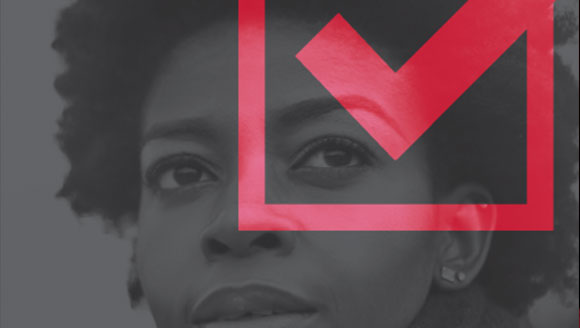What #SheWillBe: Supporting Young Women and Girls of Color
 Speaker Melissa Mark-Viverito
Speaker Melissa Mark-Viverito
Speaker, New York City Council
Council member, 8th District, New York
Two years ago, the New York City Council took on the challenge of leveling the playing field and launched the Young Women’s Initiative (YWI). It was a first-of-its-kind effort to focus budget, policy and legislative initiatives on supporting young women and girls, especially those of color. The goal was to produce a lasting blueprint for investing in their future. We achieved that, and more, and I am proud to celebrate and share our model so that other jurisdictions can implement their own YWI initiatives.
The data regarding the disparities faced by women and girls in New York City – and indeed in our nation – reflects systemic inequality we can no longer wait to address. For example, women are 35% more likely to live in poverty than men, a rate that is exacerbated by race and childcare responsibilities. Furthermore, women continue to earn less than their male counterparts in almost every occupational group, and women are more likely than men to work in jobs with poverty-level wages. Similar realities regarding such varied issues as sexual violence, access to healthcare and educational opportunities demand a concerted response from government to reform the systems that perpetuate these inequities.
New York City had already shown leadership in taking an innovative approach to racial and economic justice with the development of the Young Men’s Initiative, followed by the federal My Brother’s Keeper. But it was time for young women and girls to be the focus of local, state and national conversation.
Ours was a unique partnership forged between government, community and philanthropy. We convened over two hundred advocates, policy experts and service providers to map out a comprehensive agenda across five big issue areas: health, economic and workforce development, community support and opportunity, education, and anti-violence and criminal justice.
Most importantly, we included young women and girls themselves in the planning process. Too often, directly impacted communities do not have a say in shaping the policies that affect their lives. Through the Young Women’s Advisory Council, we made sure they had a seat at the head of the table.
YWI prioritized issues experienced by women of color, knowing that when inequity is disaggregated by race and gender, disparities in outcomes in New York City are overwhelmingly concentrated in Black and brown communities. It also embraced an inclusive framework around gender that included transgender and gender non-conforming individuals.
The result was a list of more than 80 recommendations for government to consider as it does its work going forward. The New York City Council has already acted on the majority of the recommendations, including:
Reducing the penalties for low-level, non-violent offenses and subsequent involvement in the criminal justice system. Through the Criminal Justice Reform Act (CJRA), we shifted the vast majority of these offenses to civil court and created community service opportunities in lieu of fines. And we made sure people would no longer be getting a permanent criminal record for doing something like being in a park after dark;
Creating the Independent Commission on Criminal Justice and Incarceration Reform, led by former Chief Judge Jonathan Lippman, to study how the City can reduce the pre-trial incarceration rate and support a model of community-based justice. The Commission’s final recommendations support the closure of Rikers Island - a stain that has plagued our City for far too long;
Establishing a dedicated fund for contraceptives and ensuring that the City provides free birth control for all women who need it; and
Creating an Office of Labor Standards, which will study and make recommendations for worker education, safety and protection; educate employers on labor laws; create public education campaigns regarding worker rights; and collect and analyze labor statistics.
Significantly, the City Council pledged $10 million over two years to fund YWI recommendations, a figure that was matched by the New York Women’s Foundation, our philanthropic partner in this endeavor. We have already significantly exceeded this commitment. Our budgetary priorities have included establishing gender equity liaisons at key City agencies; supporting better outcomes for first-time parents and their children; funding college access and career training; increasing the investment in restorative justice programs in schools; growing the capacity of community-based organizations to provide leadership development opportunities for young people; expanding diversion programs; and providing summer job opportunities for 60,000 youth.
Going forward, we will continue to integrate an equity lens in government decision making. We will pass legislation requiring certain City agencies to set gender and racial equity goals and to develop action plans to achieve these goals. We will mandate gender and racial assessments of services and programs, employment practices and budgeting. And we will require agencies to provide equity training, focusing on implicit bias, cultural competency and gender inequity. This includes training our teachers to talk about race in the classroom and providing professional development on culturally responsive education.
The hope is that our efforts in New York City will be replicated across the nation. We are already seeing results, including the convening of several cities and states that have started to build their own young women’s initiatives. If we truly want the United States to be a country of equal opportunity for all, then we must heavily invest in dismantling systemic inequality and supporting our young women and girls.


 Equality Index
Equality Index  Senate Report
Senate Report  2020 SOBA Essays
2020 SOBA Essays  2019 Report
2019 Report 